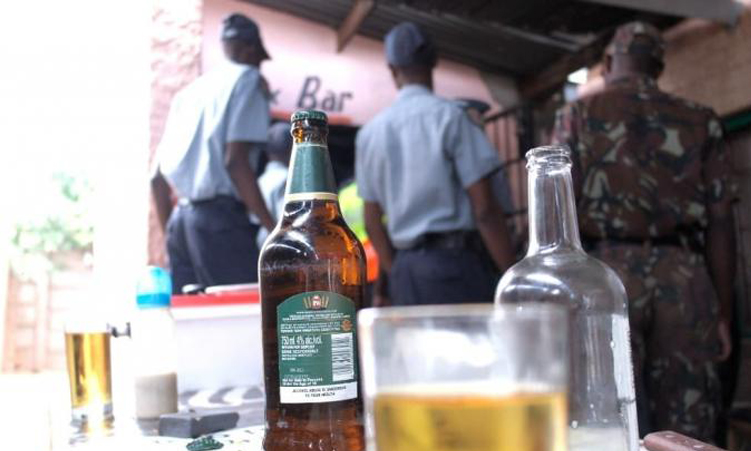The Ministry of Health and Social Services has been spending more than N$100 million annually to outsource dialysis services to private health facilities.
According to health and social services minister Kalumbi Shangula, this follows the identification of the absence of dialysis services in public hospitals.
“For many years, state patients who required renal dialysis services had to travel long distances to access these services. Or the government had to spend significant amounts of money referring state patients to private health facilities, and in the process, spent more than N$100 million annually.”
The minister was speaking at the official commissioning of a 12-bed dialysis unit at the Oshakati Intermediate Hospital on Friday.
He acknowledged that the absence of public dialysis services forced state patients to seek treatment at private institutions or travel long distances, often at a great cost to the government.
The newly inaugurated dialysis unit, which is equipped with 15 haemodialysis machines, forms part of a broader initiative by the health ministry to address the country’s growing burden of chronic kidney disease (CKD).
Shangula said the unit has already treated 67 patients since its completion in July, with 311 dialysis sessions conducted thus far.
This development is part of a nationwide roll-out of dialysis services at strategic hospitals, including Katutura, Rundu and Keetmanshoop.
He highlighted the ministry’s long-term vision of achieving universal health coverage and bringing essential services closer to the people.
“This moment speaks to our unwavering commitment to improving the healthcare landscape in Namibia, ensuring that essential services are brought closer to those in need.”
Shangula said that while the establishment of dialysis units is crucial, the cost of maintaining these services remains high.
“The costs associated with our state haemodialysis programme are considerable. For many years, due to limited capacity within our state health facilities, we relied on the private sector to provide these services. This outsourcing was not a sustainable solution due to its financial implications on our healthcare budget,” he said.
As part of a concerted effort to curb these costs, the ministry prioritised the expansion of dialysis services within the public sector and invested in training healthcare workers, including nephrologists, as well as improving the overall infrastructure of hospitals, he added.
Shangula emphasised the importance of preventing CKD by addressing its root causes, including non-communicable diseases (NCDs) such as hypertension and diabetes.
“By effectively addressing these NCDs through targeted policies and strategies, we can reduce the incidence of CKD.”
Stay informed with The Namibian – your source for credible journalism. Get in-depth reporting and opinions for
only N$85 a month. Invest in journalism, invest in democracy –
Subscribe Now!






